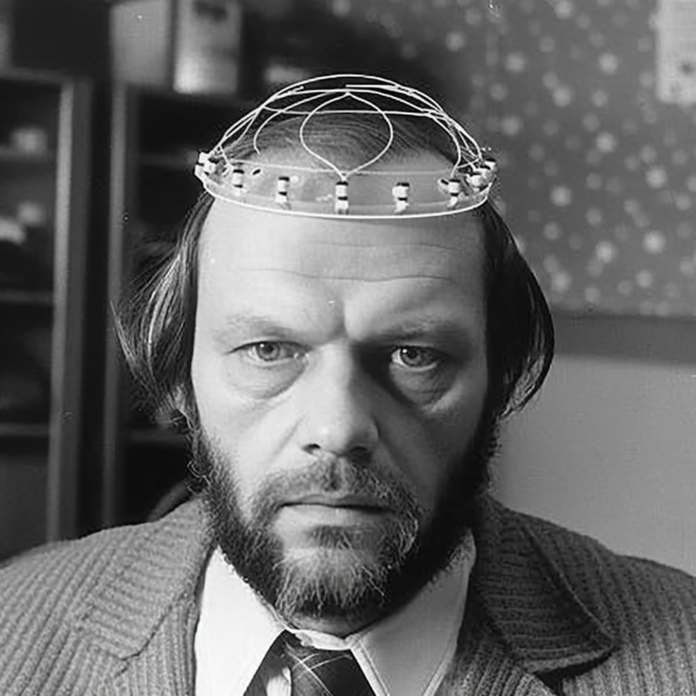
Fringe Score: Inconclusive – some suggestive evidence but lacking robust scientific validation.
Summary
Telepathy and Extrasensory Perception (ESP) refer to the alleged ability to communicate or perceive information beyond the traditional five senses. Telepathy involves the direct transmission of thoughts or emotions between individuals, while ESP encompasses a broader range of phenomena, such as clairvoyance (gaining knowledge about distant events), precognition (knowledge of future events), and psychometry (obtaining information from objects). Although anecdotal accounts and some research suggest the existence of these phenomena, the scientific community remains largely unconvinced due to the lack of robust validation and replicable results. At Fringepedia, the evidence for telepathy and ESP is considered inconclusive.
History
The concept of telepathy and ESP has been present in various forms throughout human history, with records of psychic abilities appearing in ancient texts and religious scriptures. In the late 19th and early 20th centuries, the study of these phenomena gained momentum with the establishment of the Society for Psychical Research and the work of researchers like J.B. Rhine, who conducted experiments on ESP and telepathy at Duke University.
Alleged Evidence
Over the years, numerous anecdotal accounts, as well as some experimental studies, have been put forth as evidence for telepathy and ESP:
- Spontaneous cases: Many individuals claim to have experienced telepathic communication or ESP during moments of crisis or strong emotional connection, such as knowing that a loved one is in danger or sensing a friend’s thoughts.
- Controlled experiments: Researchers have conducted controlled experiments, such as Ganzfeld experiments and remote viewing trials, which have occasionally yielded statistically significant results suggesting the existence of psychic phenomena. However, these results have often been criticized for methodological flaws and have not been consistently replicated.
Skeptical Arguments
Skeptics argue that the evidence for telepathy and ESP is insufficient, pointing to the following concerns:
- Lack of replication: Many studies claiming positive results have failed to be replicated or have been discredited due to methodological issues, reducing confidence in the findings.
- Alternative explanations: Skeptics propose that many alleged psychic experiences can be explained by cognitive biases, such as confirmation bias and the law of truly large numbers, as well as other psychological phenomena like intuition, coincidence, or the unconscious processing of sensory information.
- Theoretical concerns: The current understanding of physics and neuroscience does not provide a theoretical basis for the existence of telepathy and ESP, leading some researchers to dismiss these phenomena as implausible.
Conclusion
The evidence for telepathy and ESP remains inconclusive at Fringepedia, as anecdotal accounts and experimental studies have not been sufficiently validated by the scientific community. While some suggestive evidence exists, the lack of robust and replicable results casts doubt on the legitimacy of these phenomena. Until further research can provide more compelling support





